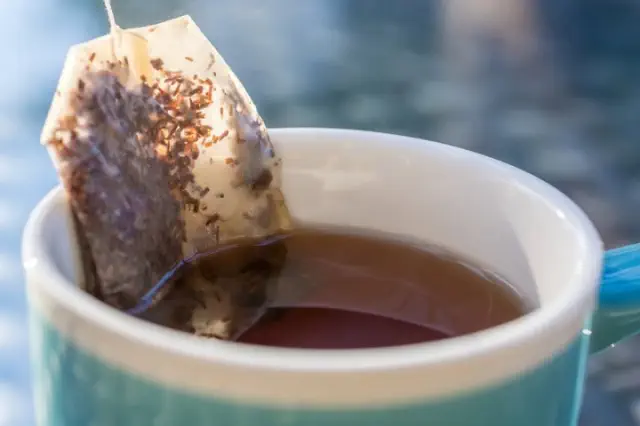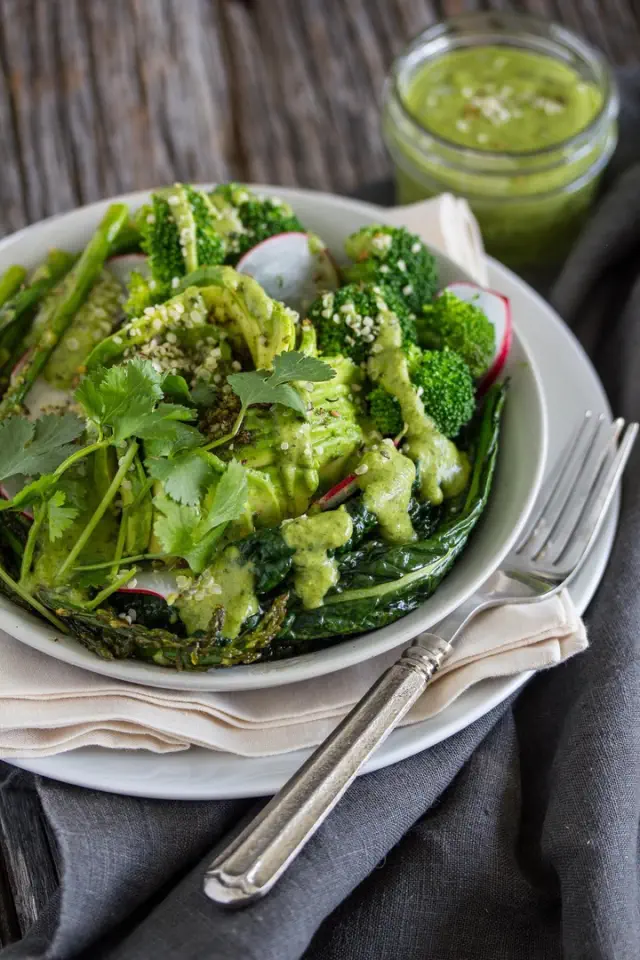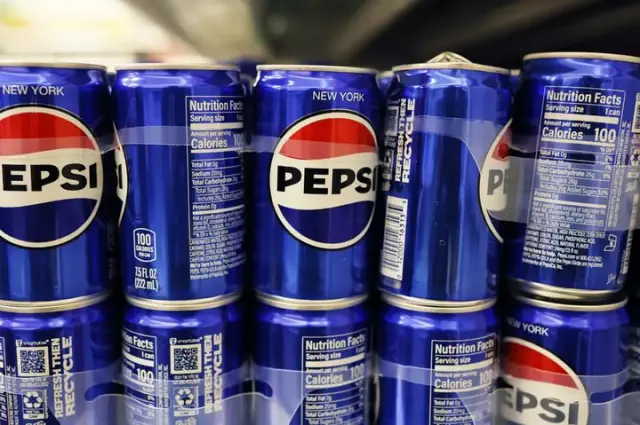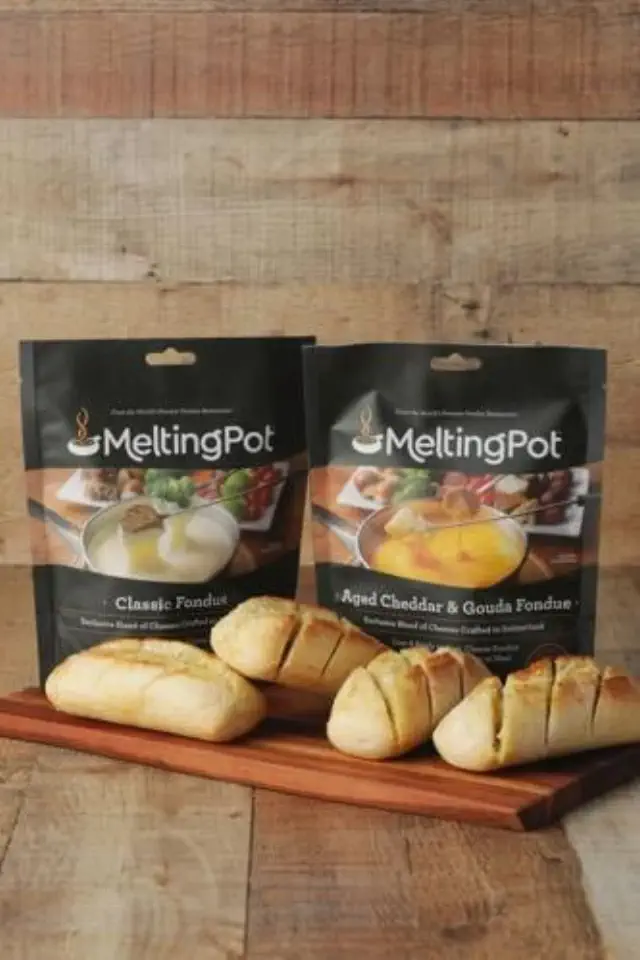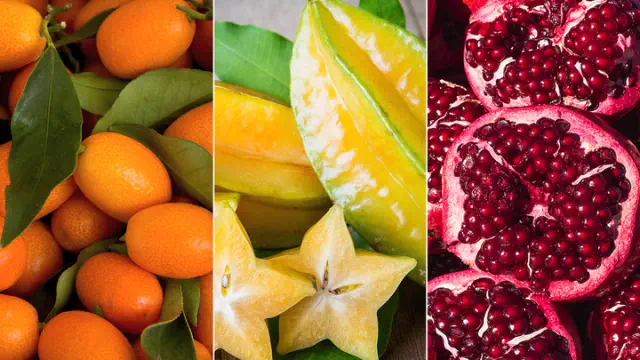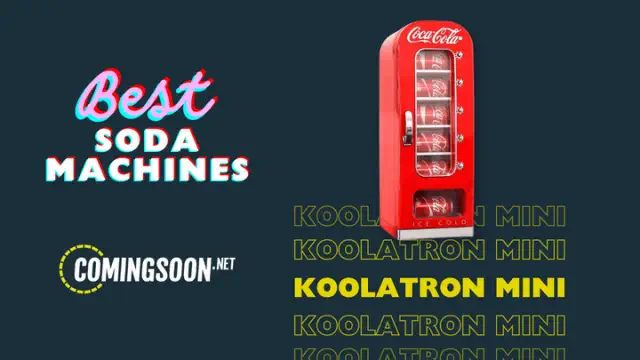is the Co-Founder & CEO of TeaDeus, a sustainable brand offering "Tea Cups To-Go" in biodegradable packaging.
As awareness of environmental issues continues to grow among the public, merely providing an excellent product is no longer sufficient.
The path from tea leaf to teacup should be a conscious one, emphasizing sustainability throughout the entire process. From the cultivation and harvesting of the tea to its processing and packaging, tea companies have numerous chances to contribute positively to the environment.
In summary, sustainable tea production goes beyond simply making a tasty beverage; it focuses on developing a product that is also gentle on the environment.
Whether you're launching a tea business, managing an existing one, or just seeking to be more mindful about your consumption habits, let's delve into the importance of sustainability.
The Significance of Sustainable Harvesting
Cultivating tea primarily revolves around the interplay of climate and soil conditions. The geographical setting significantly influences the flavor profile of the tea produced. For instance, the warm tropical climate and elevated terraces in China yield a robust and full-bodied taste, whereas the cooler temperate climate of northern India results in a delicate and nuanced flavor.
Nevertheless, modern tea farming involves more than just flavor. Conscious business owners must take environmental considerations into account as well. The impact of climate change and the consumption of natural resources significantly influences our decisions. When establishing your supply chain, opt for collaborators who emphasize reducing water consumption and safeguarding the soil.
Additionally, inquiring about their pest management strategies is crucial. Opting for organic repellents and encouraging beneficial insects that naturally control pests is the most effective approach. These techniques contribute to preserving the ecological harmony of the plantation.
Once the harvesting is complete, the leaves undergo drying and processing through various techniques to achieve an ideal flavor profile. Producers committed to sustainable practices often strive to minimize water and energy usage, along with lowering CO2 emissions.
I understand that it's quite a bit to think about. If you're looking to establish a brand in the U.S. while your production is based in China, you may be questioning how to maintain control over the process. Our approach was to dispatch a member of our team to China to engage with potential partners, facilitate direct communication, and observe their operational methods in person.
Challenges in Production and Packaging
Regrettably, many tea bags are filled with tea dust and artificial colorings rather than genuine tea leaves. In reality, authentic tea—no matter the variety—should consistently result in a clear cup, indicating a more wholesome product.
On top of that, tea bags, when exposed to hot water, release microplastics and nanoplastics. Worse, research has found the same bags can carry toxic chemicals like arsenic and heavy metals, which may enter your body as you sip.
Tea bags crafted from materials such as polypropylene can take centuries to decompose. Similarly, conventional paper cups, which are frequently coated with plastic, face the same lengthy breakdown process.
For years, I have dedicated my research to finding alternatives to traditional plastic in disposable cups. Our innovative approach features tea pre-filled within the cup, secured by a plant-based filter at the base.
If you're in the process of creating a consumer packaged goods (CPG) brand that utilizes paper cups or if you're looking to opt for more environmentally friendly products for your retail spaces, here’s my recommended strategy for selecting materials:
• Pressed paper for cups. Select those that don’t contain harmful chemicals.
• Plant-based wax. We prefer soy wax, which is biodegradable and safe. Many market leaders still rely on paraffin, a nonbiodegradable substance that harms the environment.
• Corn fiber. This material is 100% food-safe. It requires only heat to bond with the cup, eliminating the need for harmful adhesives.
• Bamboo stirrers. It’s a renewable resource and breaks down naturally.
• Bagasse for lids. This is a durable, biodegradable and compostable option that comes from sugarcane processing.
Sustainable Options May Be Pricier (But They Offer Great Value)
Adopting an environmentally friendly strategy increases production expenses. For instance, utilizing completely biodegradable packaging results in approximately a 35% higher cost compared to conventional alternatives. Furthermore, in the United States, it can be quite difficult to locate suppliers who comply with all environmental regulations and possess the required certifications.
We are convinced that the future is rooted in sustainability and social accountability. Understanding that each sip of your preferred drink has a negligible impact on the environment makes all our endeavors meaningful.
A promising sign for businesses is that 73% of Gen Z are willing to pay more for sustainable products. They choose brands that offer eco-friendly solutions and convey their commitment to sustainability. This generation has grown up in the global context of the climate crisis; they sincerely care about the environment and want to see the same awareness from businesses.
It's thrilling to think that these conscious consumers will become the primary clientele for our businesses in the years ahead.
In conclusion
Brands aiming to safeguard the environment and satisfy consumer demands must prioritize sustainability as a deliberate decision. For aspiring entrepreneurs, I urge you to integrate environmental responsibility into the foundation of your business strategy right from the beginning.
Look for partners who align with your values. By prioritizing sustainable practices and being transparent, you can create an exceptional customer experience that encourages loyalty and repeat business.
Forbes Business Council is the foremost growth and networking organization for business owners and leaders. Do I qualify?
